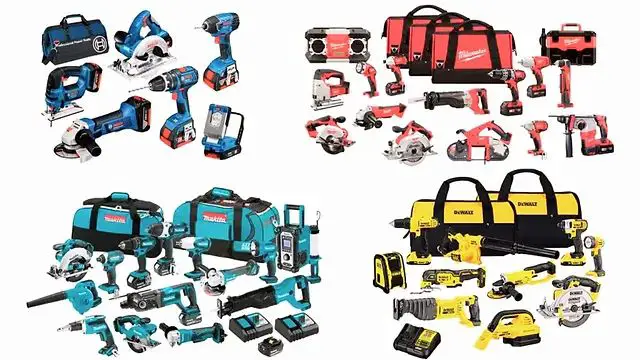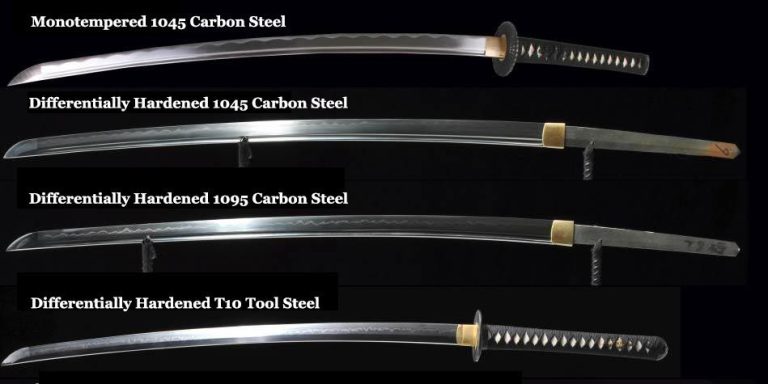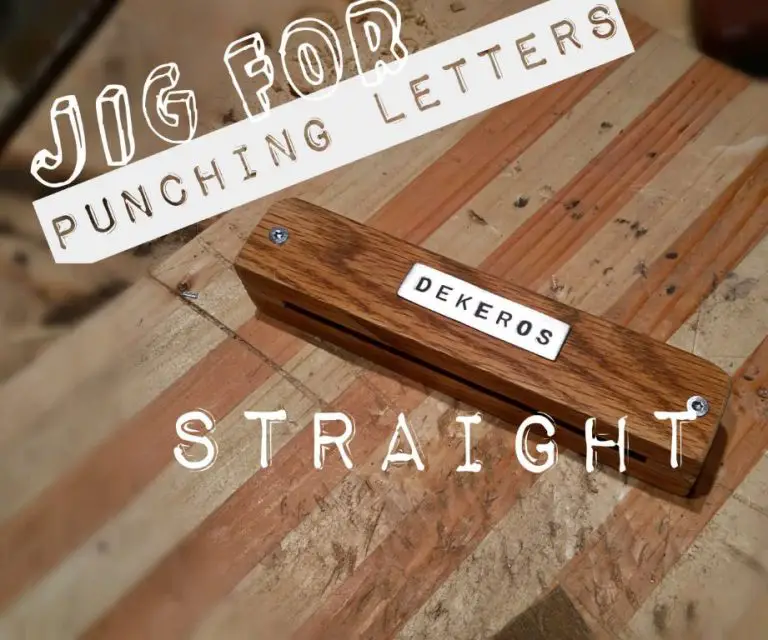Which Country Makes Best Tools?
Tools have played a vital role in human civilization and evolution. Since the Stone Age, humans have used tools for construction, hunting, farming, and crafting objects. The development of tools marked major advancements for early humans, allowing them to build shelters, make clothing, hunt more effectively, and farm crops. Tools continue to be an essential part of everyday life.
When evaluating tools, key factors include durability, functionality, precision, design, and craftsmanship. Certain countries have built strong reputations for producing high quality tools. Germany and Japan are well known for engineering excellence and craftsmanship, while Sweden and Switzerland focus on innovative design. This article will examine leading toolmaking countries and explore what criteria makes their tools stand out.
Germany
Germany is well known for its engineering expertise and quality manufacturing, especially when it comes to tools and machinery. Some of the most iconic German tool brands include Bosch, Knipex, Gedore, Hazet, Stahlwille, and Felo.
Bosch is one of the largest and most recognized brands, producing power tools, hand tools, and accessories. Founded in 1886, Bosch has a reputation for precision and reliability. Some of their most popular products include power drills, saws, sanders, impact drivers, and more [1].
Knipex is another leading German brand, known for its high-quality pliers, cutters, and other hand tools. Their plier designs are often patented and geared towards specific applications like electronics and electrical work. Knipex tools are made to exacting tolerances with chrome vanadium electric steel [2].

Other major German brands like Gedore, Hazet, Stahlwille, and Felo also have outstanding reputations for precision tools like wrenches, screwdrivers, hammers, and more. German engineering and craftsmanship set these brands apart.
United States
The United States has a long history of tool manufacturing, dating back to the early 1800s. Brands like Craftsman, Snap-On, and Klein Tools got their start in the US and became known for their high-quality hand tools.
The development of interchangeable parts and mass production helped propel US tool companies. It enabled them to efficiently manufacture large volumes of tools with standardized, replaceable components. This increased productivity and allowed American brands to scale up rapidly. Many iconic US tools like Crescent wrenches and Vise-Grip locking pliers were born out of this era.
Today, American tool companies continue to have a reputation for durability, reliability, and precision machining. Major brands like Craftsman, Snap-On, Klein Tools, Channellock, and Irwin Tools are still manufactured in the US using domestic steel and components. Their hand tools especially are valued for meeting exacting American standards.
Sources:
https://picclick.com/Vintage-Bonney-Forge-Tool-Works-Curved-Wrench-292476370782.html
Japan
Japan is known for producing innovative and technologically advanced tools and machine tools. Some of the most well-known Japanese power tool brands include Makita, Hitachi, and Tsubaki. According to one source, Japanese power tool brands consistently rank near the top for customer satisfaction, durability, quality, and innovation (The Ultimate List of the 24 Best Japanese Power Tool Brands).
Japan’s machine tool industry has a long history of technological innovation dating back to the Meiji period in the late 19th century. According to an academic source, the formation of “Japanese technology” in machine tools was driven by close collaboration between industry, government, and academia as well as an emphasis on incremental innovation and quality (Technological innovation and the formation of Japanese machine tool industry). The industry continues to innovate today, as evidenced by Japan’s “Machine Tool Industry Vision 2030” plan which aims to develop AI-powered and environmentally friendly machine tools by 2030 (Machine Tool Industry Vision 2030).
Sweden
Sweden is well known for producing high quality tools with an emphasis on ergonomics and functionality. Major Swedish tool brands include Bahco, Fiskars, Husqvarna, Atlas Copco and Sandvik.
Bahco is one of Sweden’s most iconic tool brands, founded in the late 1800s and known for innovations like the adjustable wrench. Today, Bahco focuses on hand tools like wrenches, pliers, screwdrivers and saws. Their tools consistently win awards and are designed to be ergonomic with features like angled handles or specialized grips (Source).
Fiskars, originating in Finland but now headquartered in Sweden, produces quality scissors, garden tools, crafting supplies and more. Their orange-handled scissors are iconic. Fiskars emphasizes functional design; for example, their shovels have an innovative teardop shape to make digging easier (Source).
Husqvarna is another major Swedish tools brand dating back to the 17th century. They are known for chainsaws, lawn mowers, trimmers and other outdoor power tools. Husqvarna focuses on performance, usability and safety in their tool designs.
Switzerland
Switzerland has a long history of precision manufacturing and toolmaking skills that dates back centuries. Swiss tools are renowned globally for their extreme precision, quality, and durability. Swiss brands like Victorinox and Wenger exemplify the commitment to craftsmanship that Switzerland embodies.
Victorinox is one of the most recognizable Swiss brands, known worldwide for its Swiss Army knives. Victorinox has been making Swiss Army knives since 1897 and today produces over 34,000 Swiss Army knives daily across five production sites in Switzerland. Each knife goes through over 100 manual production steps to ensure the highest quality and precision.
Wenger is another iconic Swiss brand that specializes in pocket knives, watches, luggage, and apparel. Founded in 1893, Wenger merges tradition with innovation to create products known for unmatched quality. Wenger pocket knives feature stainless steel blades honed to surgical sharpness through an elaborate process involving robotics and master craftsmen.
The Swiss dedication to precision manufacturing ensures that any tool with the “Made in Switzerland” label meets the highest global standards. Brands like Victorinox and Wenger exemplify why Swiss tools have earned a sterling reputation as the gold standard for quality and precision across the world.
England
England has a long history of manufacturing high quality tools and metalwork. Dating back to medieval times, English blacksmiths and metalworkers were renowned for their steel craftsmanship (Source). Major tool brands originated from England in the 18th and 19th centuries including Stanley, established in 1843, and Picard, founded in 1877 (Source). During the Industrial Revolution, England was at the forefront of mechanical engineering and machine tool development, pioneering new techniques and processes that supported its thriving manufacturing industry (Source). While manufacturing in England has declined in modern times, brands like Stanley and Picard continue the tradition of high quality metalwork and craftsmanship.
China
China has become a major producer of hand tools due to its massive manufacturing capabilities and lower labor costs. Chinese hand tool companies are able to achieve economies of scale through mass production that allows them to offer lower prices (https://www.practicalmachinist.com/forum/threads/quality-of-tools-made-in-china.261873/). However, many Chinese tools have developed a reputation for lower quality control and durability compared to brands from Germany, the US, and Japan. There are concerns about inconsistencies in Chinese manufacturing, use of inferior metals, and lack of precision (https://www.garagejournal.com/forum/threads/chinese-tools-and-durability.436896/). While prices are attractive, buyers report mixed experiences with longevity and performance.
Criteria for Evaluation
When evaluating which country makes the best tools, it’s important to look at key criteria like durability, reliability, precision, innovation, ergonomics, and functionality.
Durability refers to how well a tool holds up over time and continued use. High quality steel that resists bending, breaking, or wearing down can indicate good durability. Reliability is about consistency and dependability. The best tools should consistently perform their intended tasks without failing or breaking. Precision tools need to maintain accurate measurements and tight tolerances. Any deviation over time would reduce the tool’s usefulness.
Beyond basic performance, the top tool makers also focus on innovative designs, ergonomics, and functionality. Clever features like multi-function or convertible tools demonstrate innovation. Ergonomic handles, grips, and weight balancing create less strain on the user. Functionality looks at how useful and practical a tool is at completing common tasks for its purpose.
By evaluating tools on these well-rounded criteria, we can determine which country’s toolmakers deliver the longest-lasting, most consistent, and easiest to use options.
Conclusion
Based on the research, Germany, Japan, Switzerland, and the United States stand out as leading producers of high-quality machine tools. Germany has a long history and reputation for precision engineering and quality manufacturing. Japanese tools are known for innovative technology, precision, and reliability. Swiss tools feature superb craftsmanship and accuracy. The United States has strength in advanced CNC machine tools and flexible manufacturing systems.
Overall, Germany currently appears to be the top producer of the highest quality machine tools, though Japan and Switzerland also have strong reputations and capabilities. Factors like precision, durability, innovation, and overall reputation for quality point to Germany as the current leader in machine tool manufacturing. However, the United States and China also have growing capabilities. As technology and manufacturing practices continue advancing globally, the landscape may shift over time. For now, buyers looking for the absolute best in machine tool engineering and quality may be best served looking at German manufacturers.




